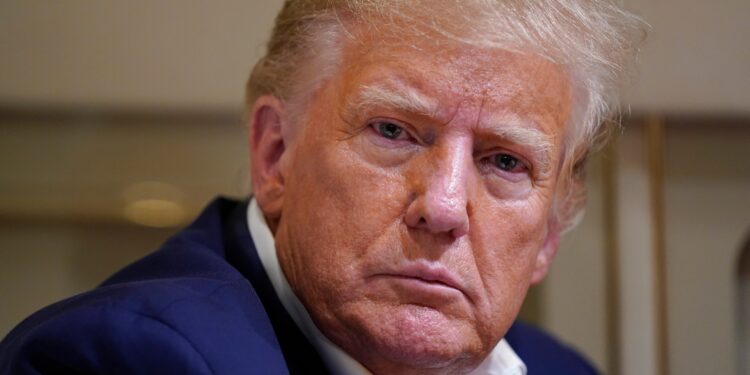In June, the prosecution claimed that Donald Trump kept classified files insecurely at his Mar-a-Lago mansion in Palm Beach. These documents contain nuclear and defense information from the Pentagon, the CIA, and the National Security Agency. Despite US law requiring presidential records to be turned over to the National Archives upon leaving office, Trump took the documents with him when he left the White House in 2021.
According to prosecutors, Trump was given multiple opportunities to return the documents but refused to do so. In August of last year, authorities searched his Mar-a-Lago home and found more than 100 classified files that he had knowingly kept.
The documents were distributed in boxes and folders in various areas of the mansion, including Trump’s office, a ballroom, a bathroom, his bedroom, and a storage area. In addition, it is alleged that Trump showed classified documents to unauthorized persons at his golf club in Bedminster, New Jersey, on at least two occasions.
The indictment includes a total of 37 counts against Trump. Thirty-one of them are for “deliberate withholding of national defense information,” each corresponding to a specific document. The withheld documents contained information about US nuclear programs and potential vulnerabilities to military attack, as well as retaliation plans.
Each “deliberate withholding” conviction could carry up to 10 years in prison. The other six charges are obstruction of justice, punishable by up to 20 years in prison; concealment of documents and records, also punishable by 20 years; and false statements.
In addition, Walt Nauta, Trump’s personal adviser, will be tried. He is charged with six counts of helping the former president hide documents at Mar-a-Lago.
Trump and Nauta have pleaded not guilty. Trump has argued that, as a former president, he had a right to keep the documents and has claimed, without providing evidence, that he had declassified the documents during his presidency. However, prosecutors argue that the unauthorized retention of classified documents puts the national security and foreign relations of the United States at risk, among other important aspects.










